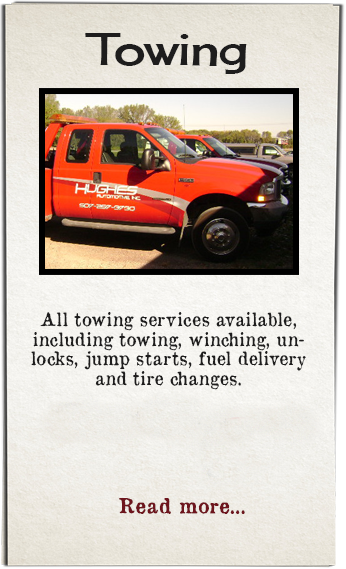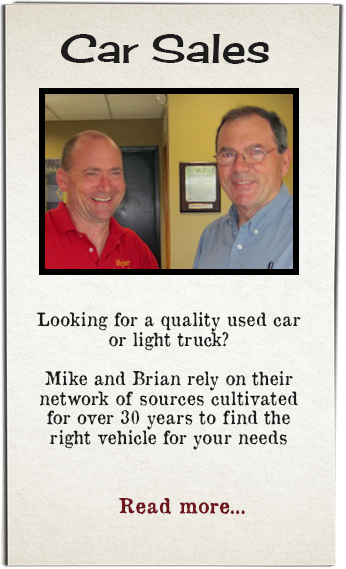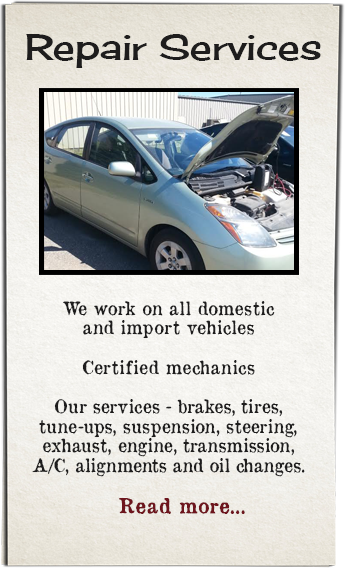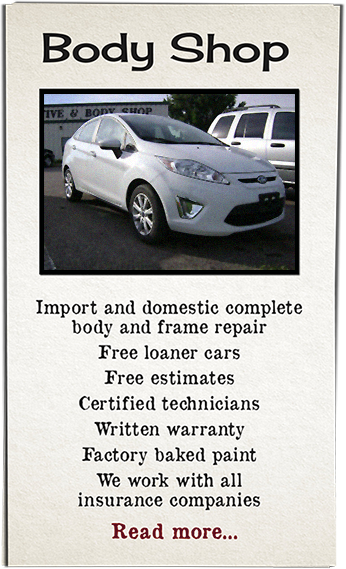Don’t you hate it when you hear that squeal from under the hood when you’re zipping down a busy Eagle Lake freeway? It usually means there is a problem with the serpentine belt. The serpentine belt powers a lot of engine accessories. It runs the alternator – which charges the battery; the water pump – which cools the engine; the air conditioning and the power steering pump. All pretty essential parts. It is called a serpentine belt because it snakes around a bunch of engine components.
Serpentine belts are amazingly tough. They can last for years and go for tens of thousands of miles. Like all critical moving parts, however, they eventually wear out. If your belt breaks while you are driving around Eagle Lake, everything will come to a halt within minutes. You need to stop the sedan immediately or it will overheat, potentially causing expensive engine damage. You can be sure that it won’t happen at a convenient time or place. (As if there was a convenient time or place!) You might even need to get your sedan towed to Hughes Automotive Inc. It’s no wonder that auto makers recommend a belt replacement on schedule. It’s one of those “have-to’s.”
Eagle Lake motorists who hear a squeal when accelerating or a slow, slapping sound at idle, should have their serpentine belt looked at. Your tech at Hughes Automotive Inc in Eagle Lake will visually inspect your belt to see if it needs to be changed sooner than scheduled. If the belt has more than three or four cracks an inch, has deep cracks that penetrate half the depth of the belt, is frayed, is missing pieces or has a shiny glazed look, it needs to be replaced regardless of age or mileage.
Serpentine belt replacement is relatively inexpensive, especially compared with the cost and inconvenience of being stranded or getting a disabled sedan back to Hughes Automotive Inc for vital repairs.
You’re mom was right: an ounce of prevention really is worth a pound of cure.
Hughes Automotive Inc
109 E LeRay Ave
Eagle Lake, MN 56024
507.257.3730





